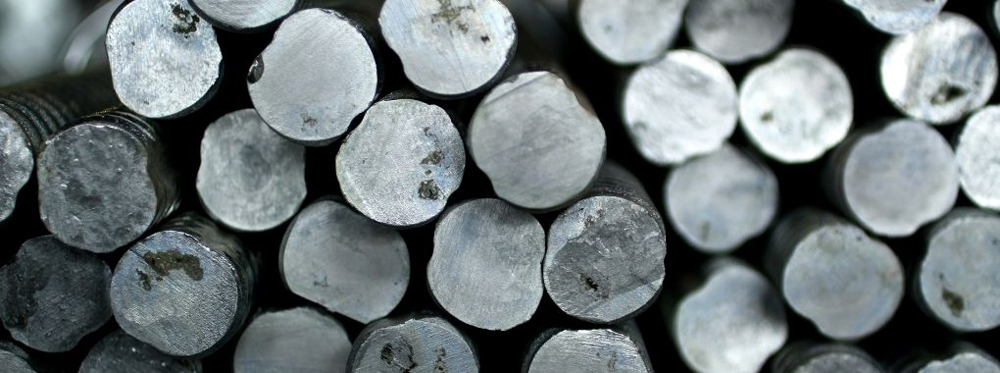As a type of alloy steel, the origin of China's high-strength low-alloy steel (HSLA steel) can be traced back to the 1950s. Ever since then, China's HSLA steel has witnessed tremendous progress from import to independent R&D, approaching the cutting-edge technology of foreign origins.
From China's 6th Five-Year Plan to the 9th Five-Year Plan, there are four breakthroughs as follows:
To produce HSLA steel in accordance with advanced international standards;
To import internationally advanced HSLA steel grades;
To upgrade Chinese traditional high strength low alloy steel grades based on foreign research results
Keep up with the latest technological developments while designed Chinese high strength low alloy steel grades independently
During the period of transformation and development, China began to independently research and develop HSLA steel grades, and microalloying elements based on Nb, V, and Ti have been widely used in high strength low-alloy steels. Since then, the desired properties of modern HSLA steels have surfaced.

In the past decade, micro-alloy technology and HSLA steel grades have undergone great innovations in China, especially the development of Nb-containing (including Nb-V and Nb-Ti microalloyed steels) and Nb-treated steels, and widely used in oil and gas pipelines (X52-X70 steel), heavy-duty highways, and off-road vehicles, bridges, 32-40Kg high-strength shipbuilding, offshore structures, high-rise building structures, mining, excavation, lifting, dump trucks, railway heavy rails and auxiliary materials, automobile beams, rolling wheels, corrosion-resistant steel, containers, etc.
Nowadays, engineering structures such as bridges, ships, vehicles, high-pressure vessels, oil & gas pipelines, and large steel structures are additional uses for these HSLA steels that require higher strength. Since this type of high strength low alloy steel does not require complicated processing or even heat treatment, it is the best alternative to conventional mild carbon steel grades.
